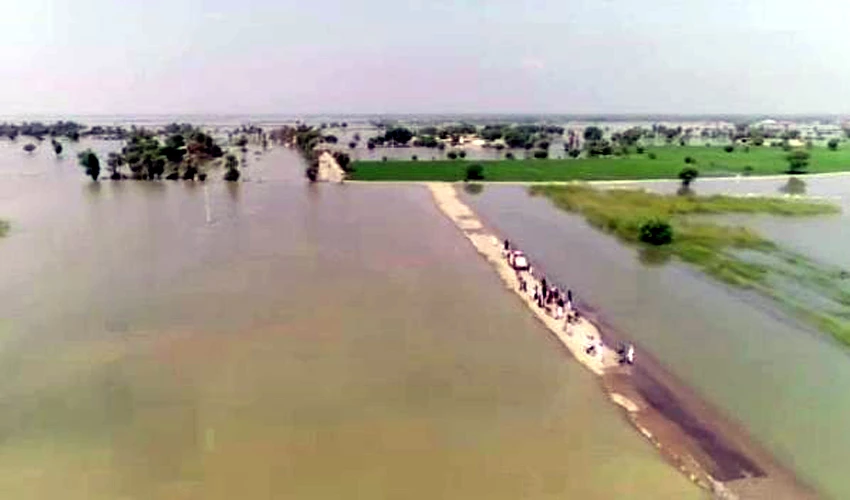Flood-hit Pakistan should suspend debt repayments, says UN policy paper

NEW DELHI (Financial Times) - Pakistan should seek to suspend international debt repayments and restructure loans after devastating floods triggered a humanitarian emergency and imperiled the country’s finances, a UN policy memorandum has argued.
The draft paper from the UN Development Programme, seen by the Financial Times, proposes that Pakistan negotiate debt relief with creditors to 'stem the climate-change-fuelled crisis'.
Pakistan’s largest creditors include Chinese lenders, to whom Islamabad owes more than $30bn accumulated through Beijing’s Belt and Road Initiative, along with countries such as Japan and France, the World Bank and commercial bondholders.
The memorandum, which the UNDP will share with Pakistan’s government this week, argues that creditors should consider debt relief so Islamabad can prioritise financing its disaster response over repaying loans.
Pakistan’s payments could be 'suspended at the earliest to free up fiscal space for urgent disaster response and recovery, social protection and development needs in the country, which have been aggravated by the catastrophic floods', the draft says.
It also proposes some restructuring or debt swaps, whereby creditors would forgo repayments in return for Pakistan agreeing to invest in climate change-resilient infrastructure.
Pakistan, whose external debts total about $100bn, was struggling with a balance-of-payments crisis that strained its ability to repay loans even before unprecedented flooding recently. The country, which has been particularly hard hit by the global surge in commodity prices, received a $1.1bn bailout from the IMF last month.
The disaster has amplified the challenges, affecting more than 30mn people and causing an estimated $30bn in damage. The UNDP memo argues Islamabad and its creditors should find a longer-term solution that “would involve lowering Pakistan’s debts down to a sustainable level to enable the government to put people’s needs first”.
Observers said the participation in any debt negotiations of China, whose lending to the developing world has surged in recent years, will be particularly important as inflation pushes more countries into distress. Chinese lenders this week agreed a $1.4bn restructuring with Ecuador.
“Without China, there would be no deal,” said Sakib Sherani, head of research firm Macro Economic Insights in Islamabad, adding that it would be in Beijing’s self-interest to assist Pakistan. “When a particular debtor is not in a position to pay, then sometimes it makes sense for the lender . . . to go softer for a while,” he said.







